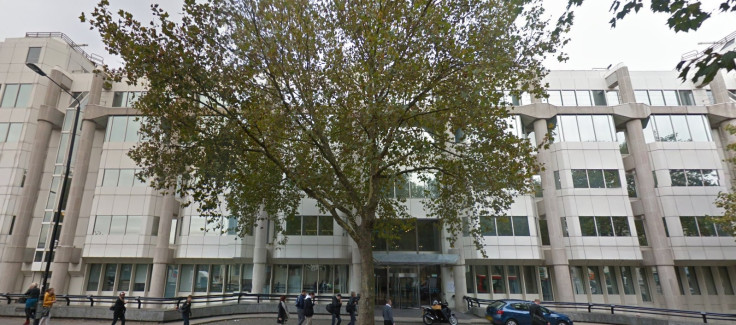Charities spend 78% of money raised on mail shots finds Charity Commission

Some of the UK's leading charities spend far more to the companies who organise their direct mail shots than they do on good causes, according to an investigation by the Charities Commission. One of the charities studied spent 90% of donations to a US-based mailing company. The average among 10 leading charities was 78% of all donations.
According to a Sunday Times investigation, Child Survival Fund owes £471,372 to the Market Development Group based in Washington DC. Gandhi World Hunger Fund owed £438,270 and two more charities closed down during the investigation. The Charity Commission will hand its findings to the new fundraising regulator established by Lord Grade, said chief operating officer David Holdsworth.
Charities have increasingly been under the spotlight since the suicide of 92-year-old poppy seller Olive Cooke, who received 466 requests for money from 99 charities in the last year of her life. Olive's family said her suicide had nothing to do with the charities.
But they acknowledged the bombardment of requests had been stressful, particularly as she had been diagnosed with cancer. Aggressive tactics employed by so-called "chuggers" on the high street and telemarketing operatives have also been much-criticised.
Last year it emerged that many of the UK's leading charities spend less than half of revenue to good causes. Three hundred of the charities spend less than 10%. However, some charities dismissed the report, entitled A Hornet's Nest, published in December 2015 by the True and Fair Foundation, as totally misleading.
The high salaries received by the chief executives of some major charities has also been criticised. The top 100 chief executives earn an average yearly salary of £167,000 according to Civil Society. The highest paid was David Mobbs, of Nuffield Health, who earned £780,000-£790,000. Charities claim they have to pay high salaries to obtain the best talent. However, this is disputed by critics.
Olive Cooke 'overwhelmed' by charity requests, report says https://t.co/WnRdqvzQsM pic.twitter.com/LgnoPPW7eZ
— BBC Points West (@bbcpointswest) 20 January 2016
© Copyright IBTimes 2024. All rights reserved.






